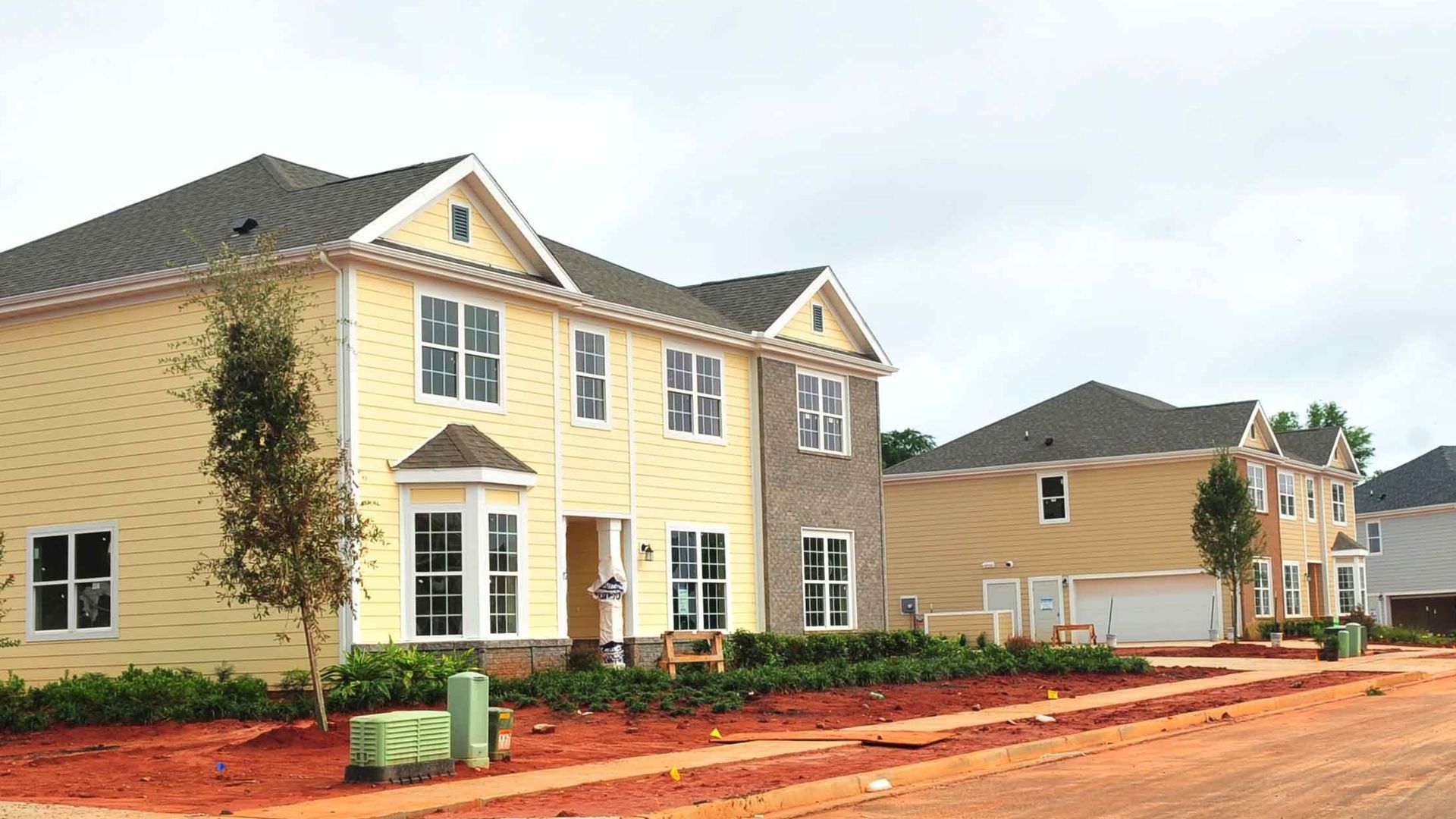
WHEN SOMEONE VOLUNTEERS FOR THE U.S. MILITARY, THEY TYPICALLY EXPECT BASIC NEEDS LIKE FOOD, HOUSING, AND HEALTHCARE WILL BE PROVIDED. ON THE WHOLE, THE UNITED STATES TAKES CARE OF MOST OF ITS SERVICE MEMBERS NEEDS, BUT THERE IS ROOM FOR IMPROVEMENT.
TAKE FORT CAVAZOS FOR INSTANCE. THE ARMY POST FORMERLY KNOWN AS FORT HOOD. IT’S THE LARGEST U.S. MILITARY INSTALLATION IN THE WORLD. BIGGER THAN NEW YORK CITY. BUT THERE ARE ONLY 10 DINING FACILITIES ON POST. THIS SUMMER, STAFFING SHORTAGES AND TRAINING EXERCISES MEANT ONLY TWO OF THOSE FACILITIES COULD STAY OPEN, FORCING SOME SOLDIERS TO TRAVEL UP TO AN HOUR JUST TO GET A MEAL ON POST.
WITHIN A FEW DAYS OF MILITARY DOT COM REPORTING ON THE FORT CAVAZOS FOOD SITUATION, THE ARMY OPENED MORE DINING FACILITIES. IF ONLY ALL OF THE MILITARY’S PROBLEMS COULD BE SOLVED SO QUICKLY.
OTHER ISSUES LIKE ADDRESSING AFFORDABLE HOUSING, ACCESS TO TIMELY HEALTHCARE AND IMPROVED PAY REQUIRE A BIGGER EFFORT, LIKE AN ACT OF CONGRESS.
CONGRESSMAN DON BACON, A RETIRED AIR FORCE GENERAL, IS LEADING A HOUSE PANEL FOCUSING ON IMPROVING QUALITY OF LIFE IN THE MILITARY.
Bacon: The main takeaway I’ve received is housing is a big issue. The housing allowances we’re paying our military is under what they’re having to pay.
EACH MONTH, THE PENTAGON GIVES A BASIC ALLOWANCE FOR HOUSING TO NEARLY 1 MILLION TROOPS SERVING IN THE MILITARY. BUT, RIGHT NOW, THE BAH ONLY COVERS 95% OF THE COST OF HOUSING.
Bacon: Which means that’s less money for food to pay, make a car payment. So, bottom line is the housing allowance hasn’t kept up with inflation.
CONGRESSMAN BACON SAID THE PANEL MAY RECOMMEND BOOSTING THE BAH BACK TO 100% OF THE COST OF HOUSING BY THE END OF THE YEAR. BACON SAYS HE WANTS TO DELIVER THE PANEL’S OTHER RECOMMENDATIONS BY THE TIME THE NEXT NDAA NEEDS TO BE SIGNED.
THOSE FUTURE RECOMMENDATIONS WILL LIKELY INCLUDE A MEASURE TO BOOST PAY FOR JUNIOR ENLISTED.
Bacon: We have learned about 15% of our junior enlisted could qualify for SNAP, or there abouts. So, we want to look at that. We think that the pay increases over the last 18 years, they’ve been doing like a 2% across the board or 3% across the board, for back to whatever…But when you do across the board pay increases, the lowest income earners and higher just keeps going farther apart. And we think that we probably need to right-size the junior pay and try to catch it up.
THE CONGRESSMAN SAYS WHILE HE KNEW PAY AND HOUSING NEEDED TO BE ADDRESSED, HE WAS SURPRISED TO LEARN WHEN MILITARY FAMILIES ARE GIVEN ORDERS TO MOVE, THEY’RE FOOTING MUCH OF THE BILL.
Bacon: The average family is out approximately $5000 to $8,000 every time they move. That wasn’t an issue with me when I was in, I don’t remember that. I normally came out ahead a little bit.
THE CONGRESSMAN SAID IMPROVED ACCESS TO TIMELY HEALTHCARE IS ANOTHER MAJOR NEED FOR MILITARY FAMILIES, AS WELL AS MORE OPTIONS FOR CHILDCARE. IN THOSE REGARDS, THE MILITARY AND CIVILIAN WORLDS HAVE A LOT OF OVERLAP.
THE HOUSE PANEL EXAMINING QUALITY OF LIFE IN THE MILITARY IS REALLY JUST GETTING STARTED. CONGRESSMAN BACON SAYS THEY’VE MET TWICE SINCE JULY AND WILL CONTINUE TO DO SO UNTIL NEXT YEAR. THEN, THE PANEL’S RECOMMENDATIONS WILL BE SENT TO THE WHOLE OF CONGRESS FOR GREATER DISCUSSION.
WE’LL KEEP FOLLOWING THE PANEL’S PROGRESS. FOR THOSE UNBIASED, STRAIGHT FACT REPORTS RIGHT ON YOUR PHONE, BE SURE TO DOWNLOAD THE STRAIGHT ARROW NEWS APP OR CHECK US OUT AT SAN.COM










